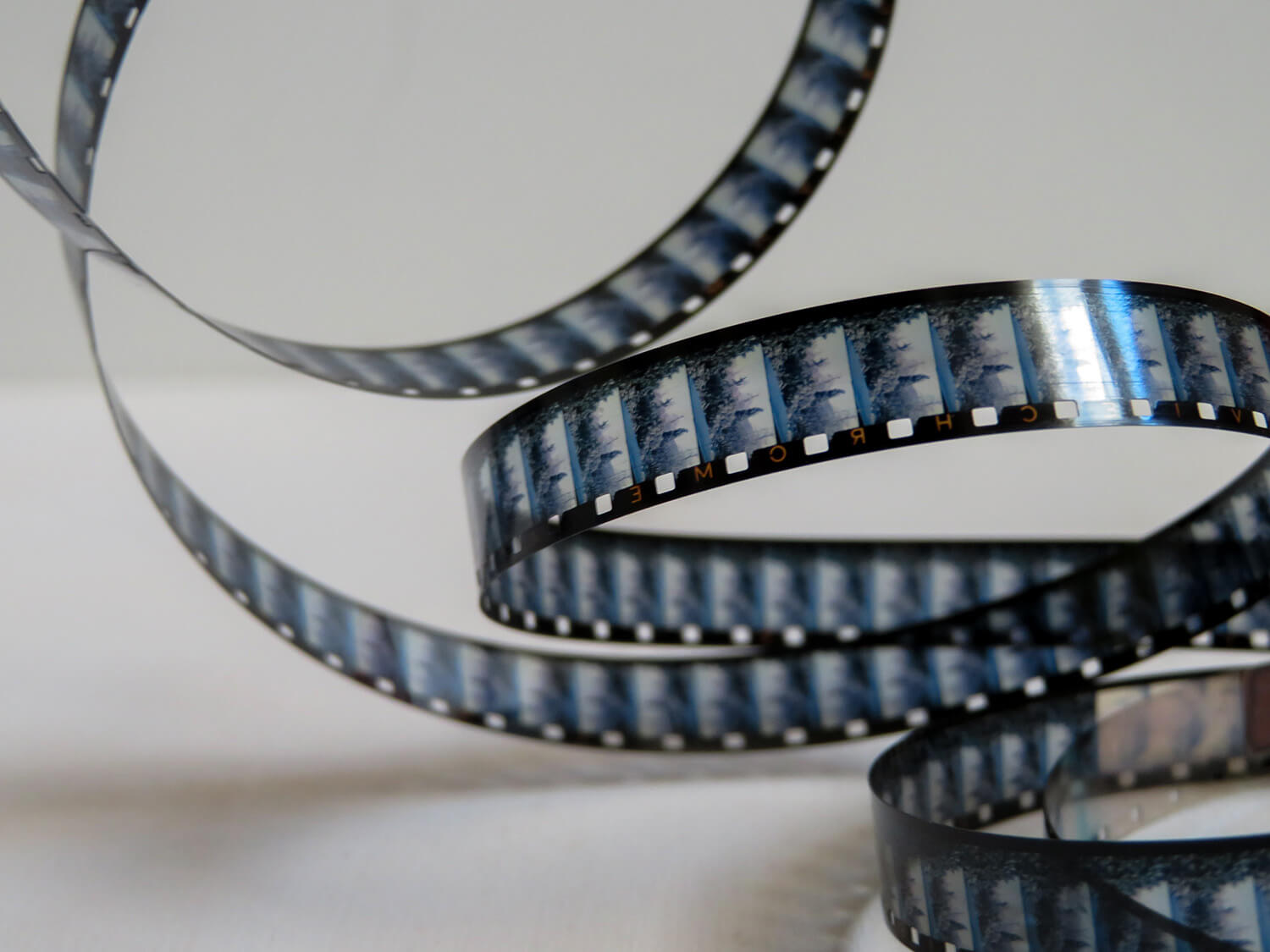The arts allow everyone to communicate ideas and feelings that can be difficult—or even impossible—to put into words. Expressive Media is dedicated to enhancing the informed and thoughtful use of the arts in healing and wellness.
Expressive Media, Inc. is a 501(c)(3) nonprofit founded in 1985 by Judy Rubin, an art therapist, and Ellie Irwin, a drama therapist.
In 1962, Ellie initiated a drama therapy program, and a year later an expressive therapy program at Pittsburgh Child Guidance Center (PGCC). Judy started an art therapy program at Western Psychiatric Institute & Clinic (WPIC) a year later, and joined the expressive therapy group at PGCC in 1968. In 1981, Judy and Ellie developed and co-chaired the Department of Creative & Expressive Arts Therapies at WPIC.
Judy saw the power of the media firsthand as the Art Lady in the 1960s on “Mister Rogers’ Neighborhood” on PBS. Further inspired by “Looking for Me,” a film by dance therapist Janet Adler that is distributed by Expressive Media, Judy and Ellie began making films. In 1985, they co-founded Expressive Media Inc. in order to be able to continue to make and disseminate films and videotapes on the arts in therapy.
Expressive Media’s Film Library: From Collection to Catalog
How Judy Rubin’s Dream Project Became a Reality
Art therapist, author, and filmmaker, Judy Rubin, has been collecting videos about the arts in therapy and healing for decades. Using excerpts in her teaching films, such as Art Therapy Has Many Faces, Judy recognized that students and teachers alike could learn even more by viewing many of these films in their entirety. This was especially true of the rare therapy session footage and films featuring pioneer practitioners and other skilled clinicians. As online streaming technology became more reliable, the idea of creating a web-based training film library took shape and is now being offered as an educational service to the worldwide creative arts therapies community.
This massive project, which has been years in the making, would not have been possible without the generosity of many people. Therapists, filmmakers, and clients gave permission to include their work; over 75 volunteers wrote descriptions, learning objectives, and CE exams; and clinical experts agreed to be interviewed to contextualize their film or a treatment session, in order to provide a deeper learning experience for viewers. Students and recent graduates labored countless hours to create graphics and trailers, proof films, and repair digital imperfections. Thanks to donations from hundreds of friends, family, and colleagues, plus a number of generous grants over the years, Judy’s dream of a Film Library has finally become a reality—a gift of love to the worldwide arts therapies community—and a training resource to be built upon in years to come.

